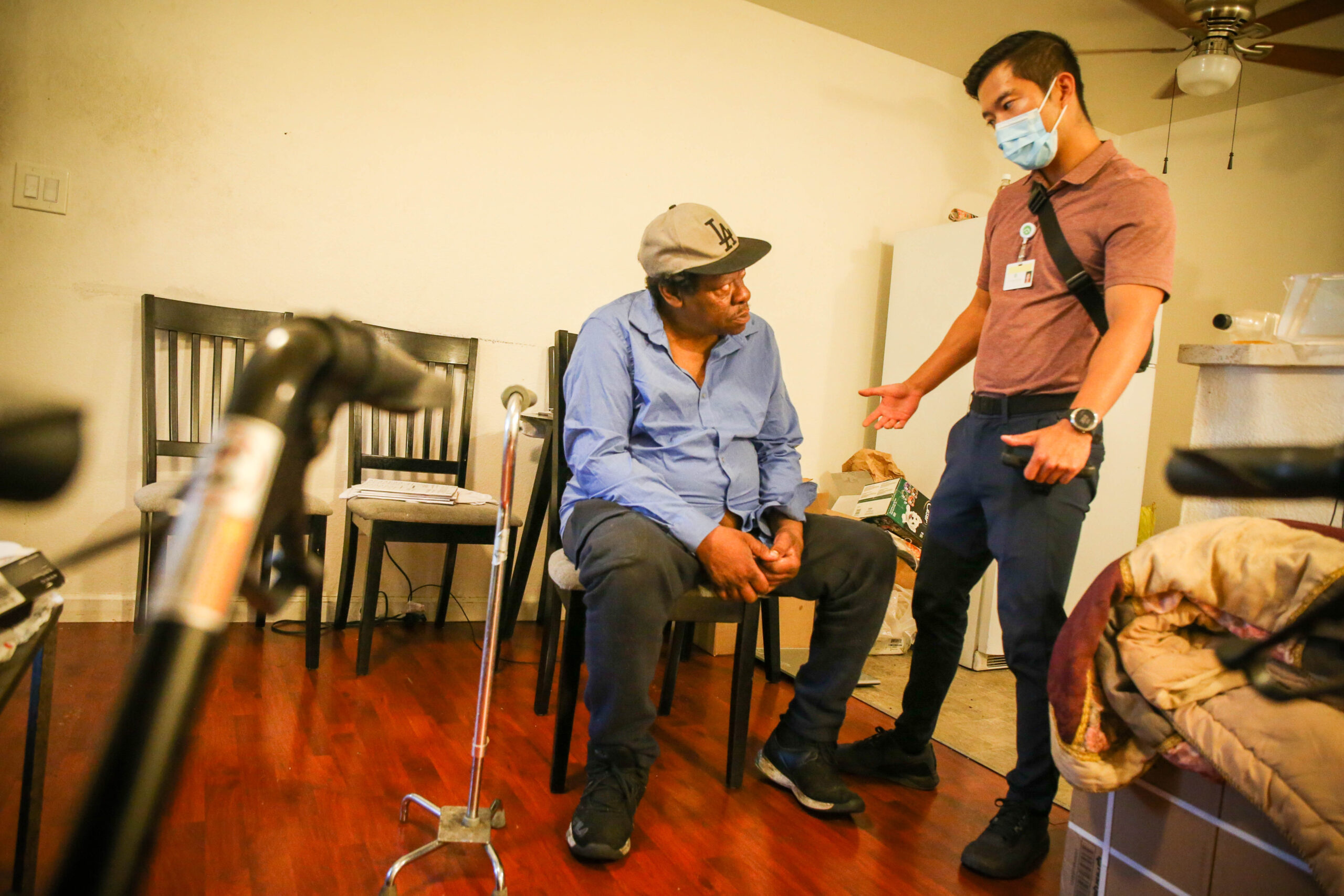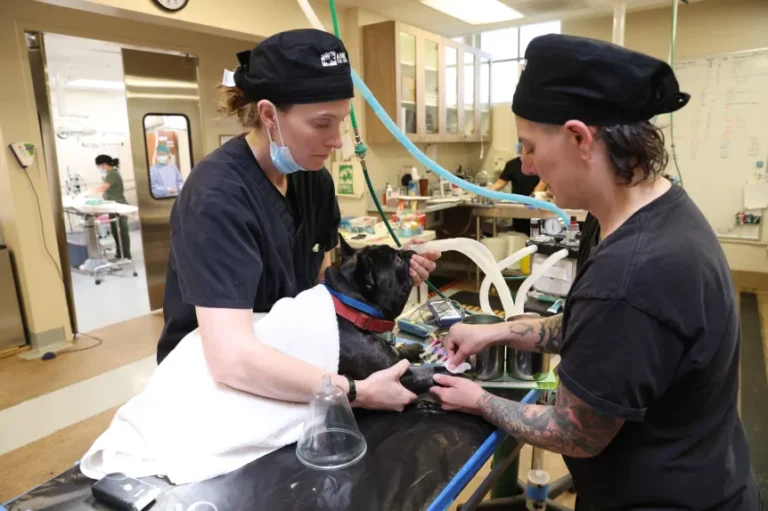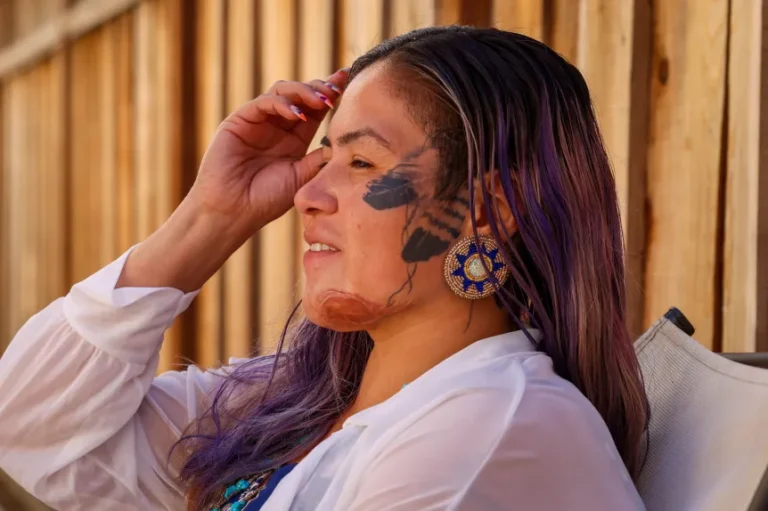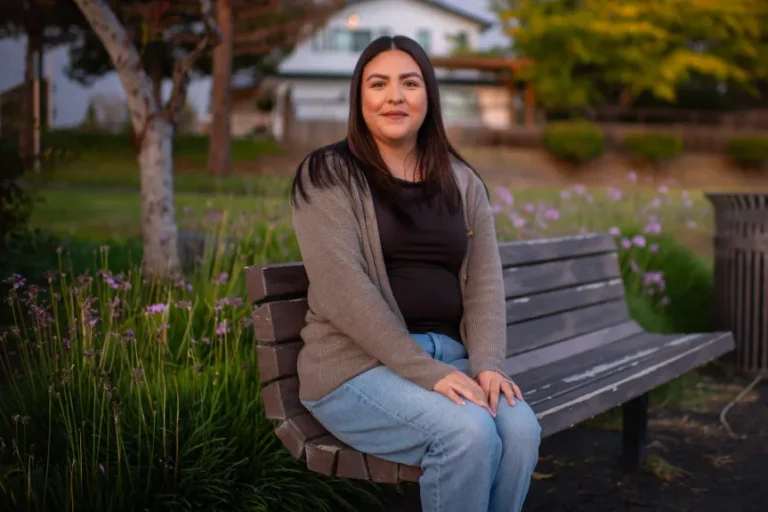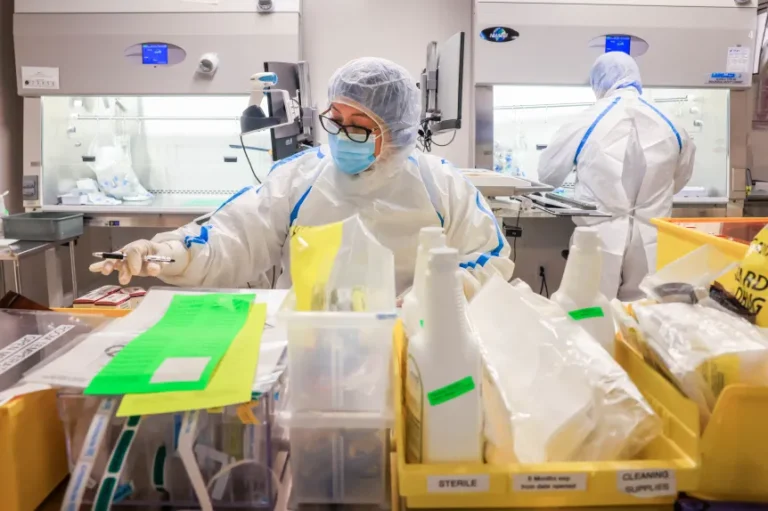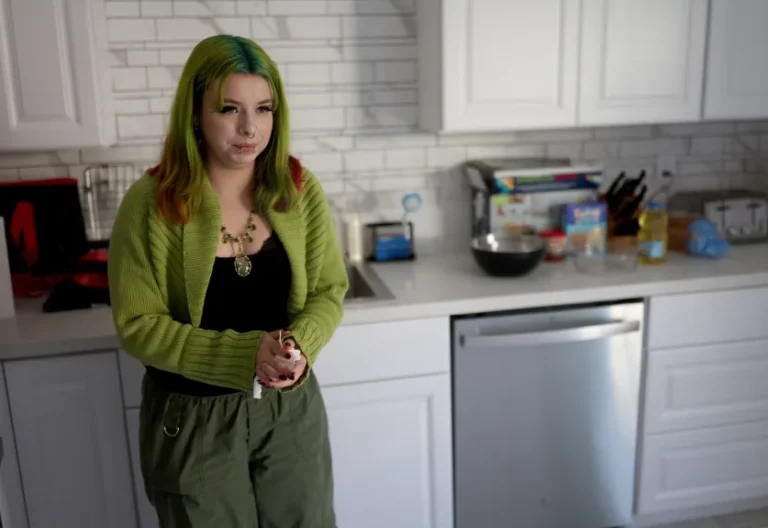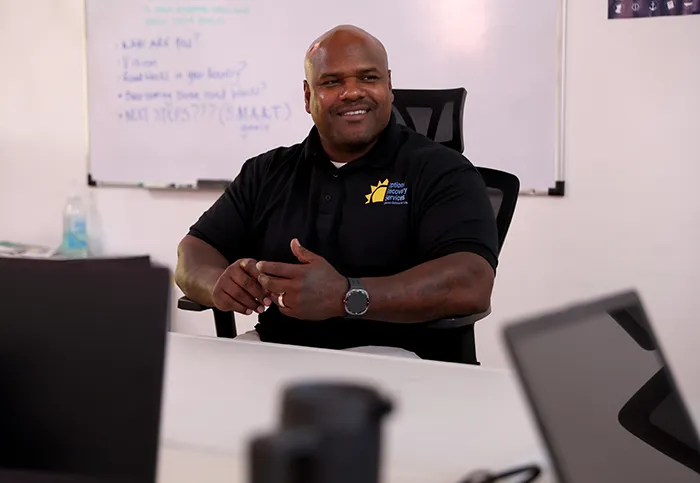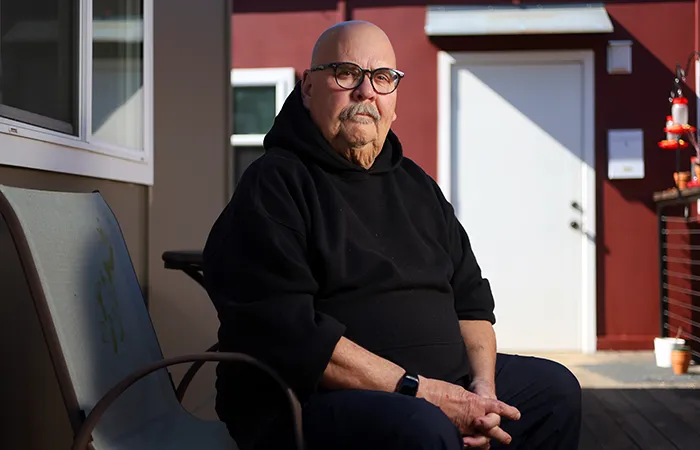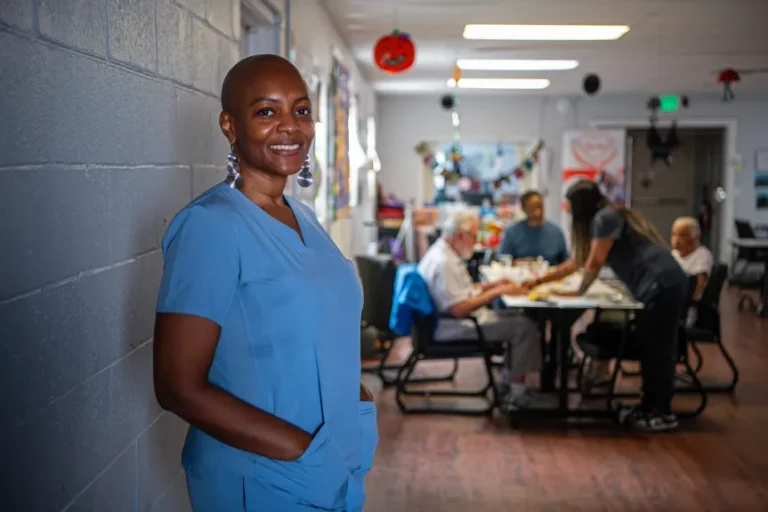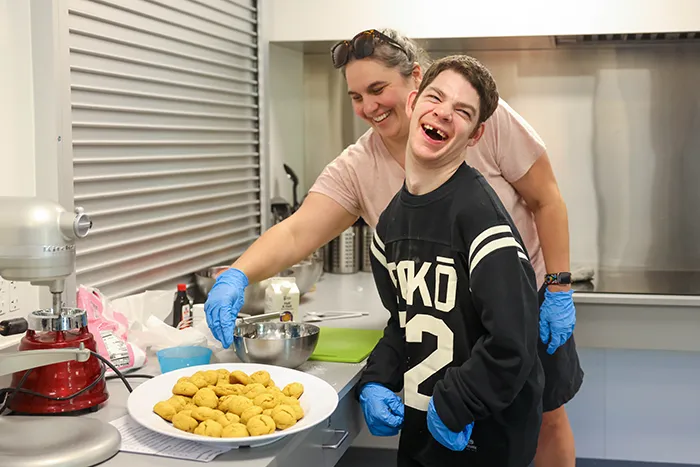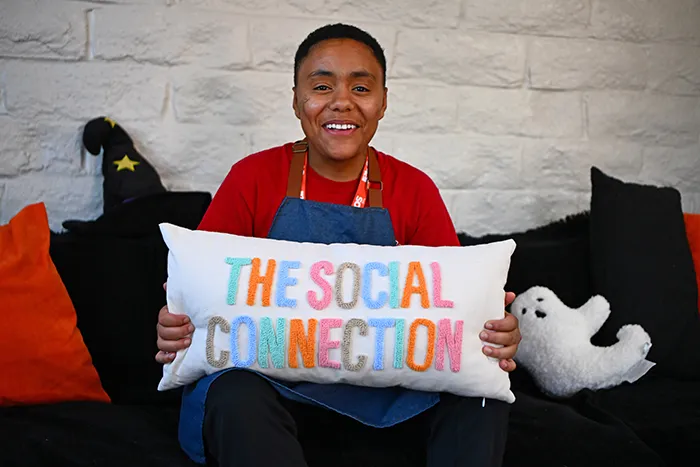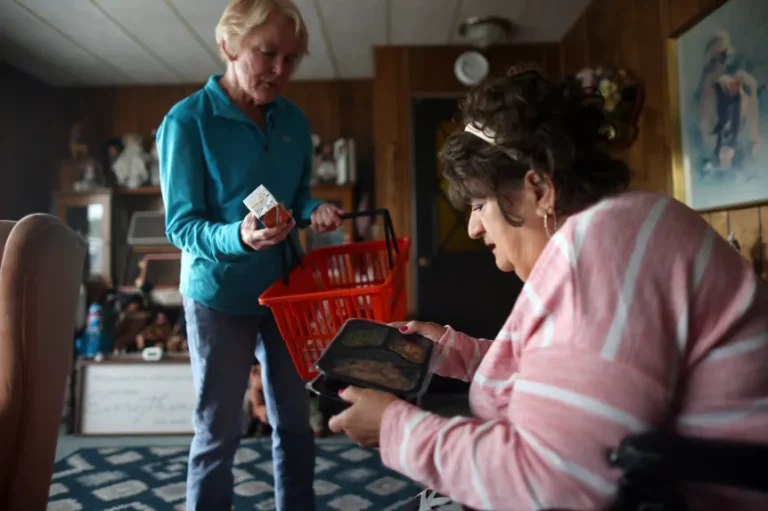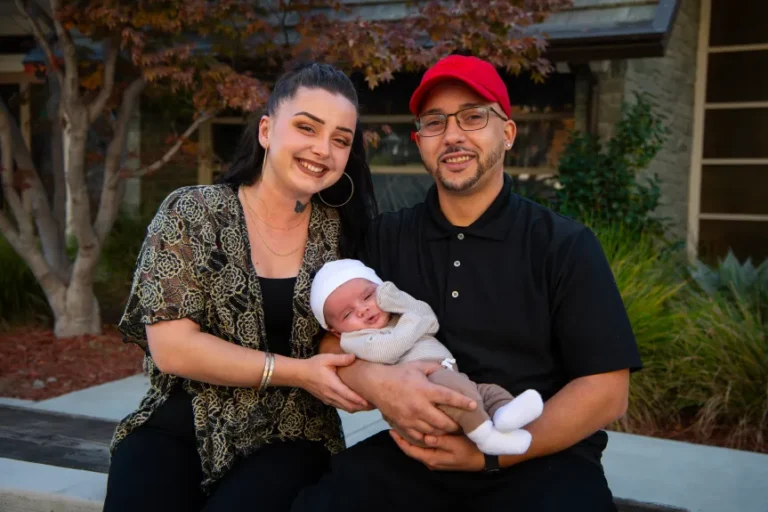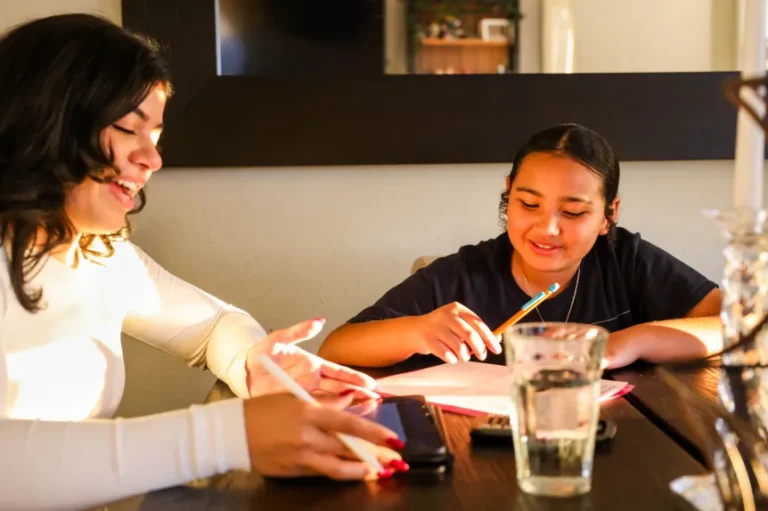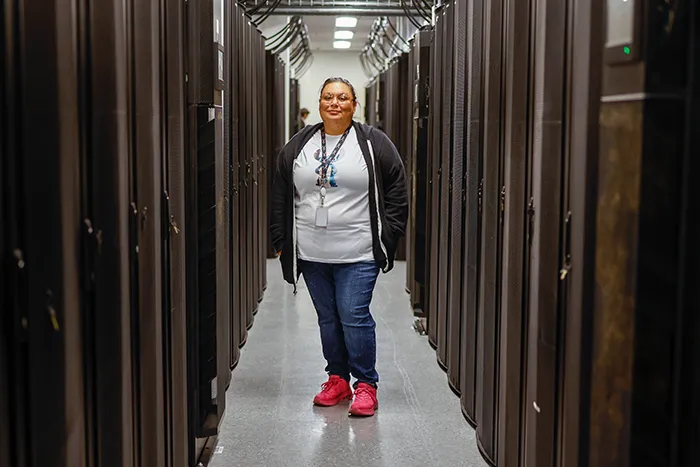On a partly sunny midweek afternoon, Leroy Morgan sat in his Fruitvale District apartment and greeted visitors, took a phone call from a friend’s daughter, called out a window to tell a building visitor that a friend he was looking for wasn’t in right now, and accepted a Meals on Wheels delivery.
None of these normal, everyday actions would have been possible without help Morgan received from East Bay Innovations. The San Leandro nonprofit worked to securely house groups of people in a region known for a severe shortage of low-income housing, amid health challenges during the COVID-19 pandemic.
Morgan said East Bay Innovation’s counselors helped guide him away from precarity, insecurity and vulnerability toward shelter, health care and greater peace of mind during the very worst of the pandemic.
With help from the organization, which works to empower more than 500 adults living with a range of disabilities, Morgan became one of several people at high risk of severe health impacts who found housing, first in the OakDays hotel, and then more permanent housing in an apartment of his own.
“Not only that, they helped me get my birth certificate,” Morgan said.

Through the East Bay Times’ annual Share the Spirit campaign that helps our disadvantaged neighbors, East Bay Innovations hopes to raise $15,000 to buy basic emergency items and supplies for more than 175 OakDays facility residents’ medical needs, including oxygen, evacuation chairs and mobility aids, client- and diet-specific food supplies, go-kits, battery packs and chargers.
Morgan, who was born in Oakland and raised at 34th and Louise streets in the city’s Clawson or “Dogtown” neighborhood, attended Clawson elementary, Hoover junior and McClymonds high schools. Those studies led him to classes at College of Alameda and Laney College, followed by work as an assistant director with an insurance compensation fund.
Then a long string of stressful circumstances upended his life. When his parents died, the home they owned came to him as an only child.

But the home needed repairs. He got a loan with the help of his then-fiancee, who co-signed. Then his fiance left and took the money before the repairs were made, Morgan said. He said his home was further damaged when police raided it instead of a property next door by mistake.
Other obligations and problems ended with a lien on the property after Morgan lost his job for too many absences. He took nursing classes in Berkeley, but became ill and couldn’t complete his studies.
Then came stints as a security guard in East Oakland, disputes over unpaid unemployment insurance, stays in motels that led to shelters and the streets when money ran low, he said. He ended up in the hospital at times because of complications from high-blood pressure and diabetes.
By 2020, when a Berkeley shelter shut down after the pandemic started, Morgan was housed at the former Radisson airport hotel under a county-supported Project RoomKey initiative. At that time, a disagreement with a counselor led to his transfer. But instead of a bad outcome, the result could not have come out better.
“I have something I think you’ll like,” Morgan says the counselor told him. “I’m transferring you to a different agency. He said there’s an agency called EBI. He said, ‘I think you’ll fit perfectly with them.’”
At East Bay Innovations, Morgan met counselor Dan Ireland, a former psychiatric nurse who had worked in the UK’s National Health Service for a decade, before working at an East Bay social-service agency.
“They initially approached us and asked if we would be willing to assess clients who the nursing teams had deemed in need of residential care facility, kind of ongoing,” Ireland said. “On assessing him, it seemed like, with the right support, (he) may be a good candidate for independent living. So we went back to the county and said we don’t think this gentleman needs to go to a residential care facility. He doesn’t want to go, he’d rather live independently. They gave us the go-ahead to start searching for housing for him.”

Through help from the county, East Bay Innovations staff connected with a landlord. “He was willing to meet Leroy and we went from there and he’s been successfully living in this unit for for maybe 18 months,” Ireland said.
EBI staff worked to help Morgan obtain necessary documents, fill out paperwork and support his ongoing health challenges, as well as coordinate transit to and from care appointments and visits with counselors and helpers. All of these would be difficult under normal circumstances, but pandemic measures have only exacerbated them, Ireland said.
“It’s been interesting. It meant we had to go away from face-to-face visits, which to be honest felt like going blind on some stuff that we’d really want to get eyes on the client for,” Ireland said. “There’s just no substitute for being in the same room, being in the environment that someone’s living in, seeing where the needs are with people.”
Despite challenges from dealing briefly with roommates and chores, Morgan acknowledged the pleasure he took in having a place to stay put, joking that “there’s nothing worse than moving. I hate moving. When my mother was pregnant, I was supposed to be born in February. I hate moving so therefore, I stayed there until March because I didn’t want to leave.”
Ondrea Doss, an aid worker visiting Morgan at his apartment on a recent day, praised his volubility, energy and resilience.
“He’s had a lot of challenges, had to evict his neighbor or his roommates. You know, just come up with payment plans for past bills and things like that,” she said. “And you know, he’s always open to hearing it and, and ready to make those changes if necessary. I would say he’s just a really good client.”
